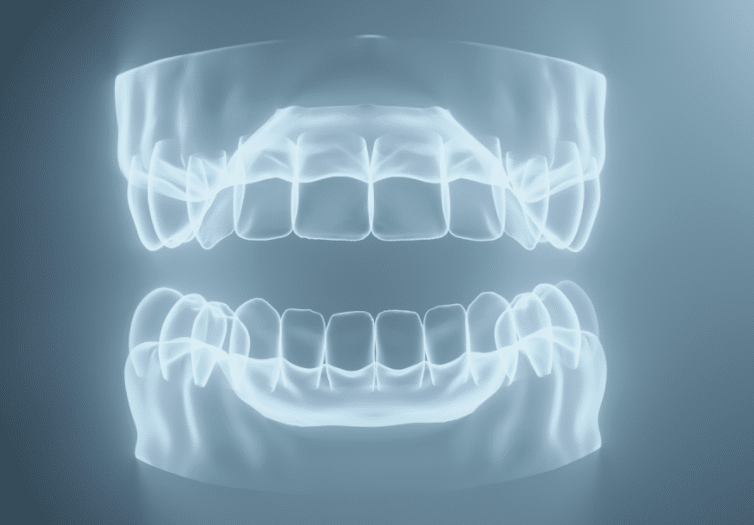A dental x-ray or radiograph is an important part of your dental care. Along with an oral examination, they provide your dentist with a more complete view of what’s happening in your mouth.
BENEFITS OF a Dental X- RAY
X-rays give your dentist a picture of your hard tissues (teeth and bones) and the soft tissues that surround your teeth and jawbones.
According to the American Dental Association, x-rays can show tooth decay, fillings, gum disease, and types of tumors. Dental radiographs can also alert your dentist to changes in your hard and soft tissues. In children, radiographs allow the dentist to see how their teeth and jawbones are developing. Early detection of an infection or injury also can limit or prevent further damage to other areas of the mouth.
SAFETY OF DENTAL X-RAYS
Many people wonder if x-rays are safe because they expose the patient to radiation. The ADA states that the amount of radiation used to obtain dental radiographs is very small. Dentists follow the ALARA principle, which stands for “As Low As Reasonably Achievable,” when obtaining radiographs. This radiation safety principle limits your exposure by incorporating the following techniques: use of the fastest image receptor (that is, the fastest film speed or digital speed); reduction in the size of the x-ray beam to the size of the image receptor whenever possible; use of proper exposure and processing techniques; use of leaded aprons and, whenever possible, thyroid collars.
Your dentist will decide when radiographs are needed on the basis of your oral examination findings, any symptoms you report, a review of your health history, your risk of experiencing oral disease, your age, or any combination of the preceding.





